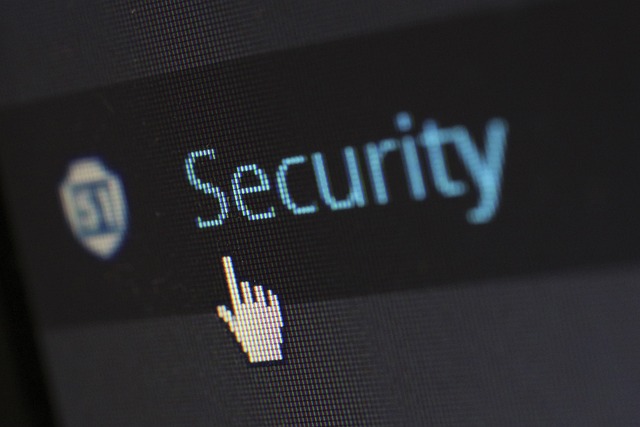Introduction
WordPress is a popular content management system (CMS) used by millions of websites around the world.
However, with its popularity comes a downside – it’s a popular target for hackers.
Therefore, website owners must take security measures to protect their websites from cyber threats.
In this blog post, we will discuss some essential WordPress security practices that every website owner should implement.
- Keep WordPress Updated WordPress frequently releases new updates to fix bugs and security vulnerabilities. It’s essential to keep your WordPress installation, plugins, and themes up to date. Hackers exploit outdated versions of WordPress to gain unauthorized access to websites. By updating your WordPress installation, you are patching vulnerabilities, and it becomes difficult for hackers to exploit them.
- Use Strong Passwords One of the easiest ways for hackers to gain access to your website is by guessing your login credentials. Using strong passwords makes it difficult for hackers to guess them. Your password should be at least eight characters long, contain uppercase and lowercase letters, symbols, and numbers. Avoid using common words or predictable combinations like “password123.”
- Limit Login Attempts By default, WordPress allows unlimited login attempts, making it easier for hackers to perform brute-force attacks. A brute-force attack is a trial-and-error method used by hackers to guess your login credentials. To prevent this, you can install a plugin that limits login attempts. This plugin locks out the user after a specified number of unsuccessful attempts.
- Implement Two-Factor Authentication Two-factor authentication (2FA) adds an extra layer of security to your login process. It requires you to provide a second piece of information, usually a code sent to your phone, in addition to your password. This way, even if a hacker manages to guess your password, they won’t be able to log in to your account without the code. You can use a plugin like Google Authenticator to implement 2FA on your WordPress site.
- Backup Your Website Regularly Regular backups are crucial in case your website gets hacked or corrupted. It’s essential to back up your website regularly to ensure that you can restore it to its previous state if something goes wrong. You can use a plugin like UpdraftPlus to automate backups.
- Use Secure Hosting Your choice of hosting provider can significantly impact your website’s security. Choose a reputable hosting provider that takes security seriously. A secure hosting provider should offer features like firewalls, malware scanning, and regular backups.
- Use SSL Certificates An SSL certificate encrypts data between your website and your visitors’ browsers, preventing hackers from intercepting sensitive information like login credentials, credit card details, and personal information. Google also uses SSL certificates as a ranking factor, meaning that having one can improve your website’s search engine optimization (SEO). Most hosting providers offer free SSL certificates, so there’s no excuse not to use one.
Conclusion
WordPress security is not something that you can take lightly.
You must implement the security measures discussed above to protect your website from cyber threats.
Keep WordPress updated, use strong passwords, limit login attempts, implement 2FA, backup your website regularly, use secure hosting, and use SSL certificates.
By following these best practices, you’ll significantly reduce the chances of your website being hacked.
